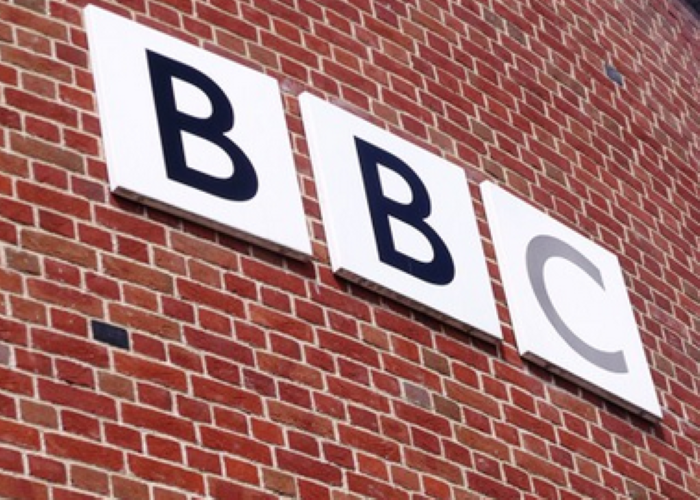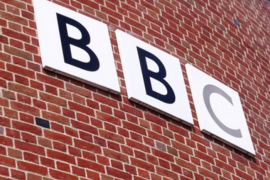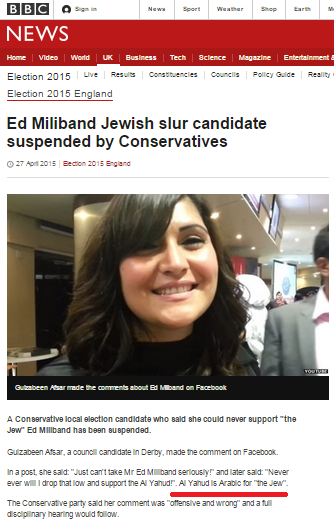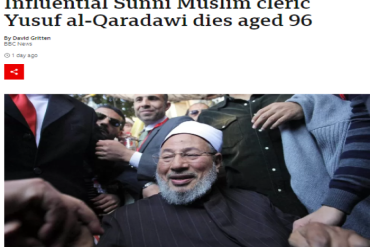Throughout the past five and a half years we have repeatedly had cause to note that the BBC – which maintains an office in Beirut – has serially avoided stories concerning a Lebanese organisation called ‘Green Without Borders’ which is linked to the terrorist organisation Hizballah.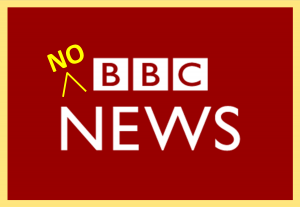
In 2020 the Washington Institute for Near East Policy published a study of that ‘environmental’ organisation in which it was described as “a Hezbollah front, providing the militant group cover for operational activities prohibited under UN Security Council Resolutions 1559 and 1701—from conducting preoperational surveillance to firing rockets at Israel”.
This week the AP news agency published a report in which residents of a village in south Lebanon spoke about their experiences with that NGO.
“Residents of the Christian village Rmaych, however, have complained for years about a position set up by Green Without Borders on farmland belonging to village families in a nearby valley. They say the organization did not plant any trees there and actually chopped down trees and cut a 1.5-kilometer (1-mile) dirt road on their land.
“It is a cover for Hezbollah to have positions. We have no problems with Hezbollah, but it should be outside our lands,” said Bassam al-Haj, a Rmaych schoolteacher.
In December, al-Haj and other residents went to the outpost and confronted the men there. Al-Haj said some of the men at the site were masked and armed, and that the outpost included several rooms, a tent and a fence that blocked off village farmland.
The residents and the men argued, he said. One resident who was videoing the encounter was told by one of the men, “We will crush you if you don’t delete the photos that you took,” al-Haj said.
Days after the confrontation, a Hezbollah official and members of the organization visited the village and met residents at the mayor’s office, said Father Najib al-Ameel, a priest from Rmaych who attended the talks.
The mayor and residents asked that the post be removed, he said. Al-Ameel said he told the Hezbollah official, “We will not accept anyone but the Lebanese army to protect us.” A few days later, Green Without Borders removed the post and now residents can freely access their land, he said.”
The AP article also refers to a UNIFIL report on the “Implementation of Security Council resolution 1701 (2006) during the period from 21 June to 2 November 2022”:
“In a November report, UNIFIL said shipping containers and prefabricated buildings, some of them with visible Green Without Borders markings, had been set up at 16 sites along the border. In several instances, UNIFIL patrols were prevented from nearing the locations, it said.”
That UNIFIL report also states:
“Despite repeated requests, UNIFIL has yet to gain full access to several locations of interest, including Green Without Borders sites, the tunnels crossing the Blue Line and the aforementioned firing ranges.”
The AP report notes that:
“At a Security Council meeting in September, the U.S. deputy U.N. ambassador, Richard Mills, said the proliferation of the group’s outposts along the border obstructs UNIFIL access and “is heightening tensions in the area, further demonstrating that this so-called environmental group is acting on Hezbollah’s behalf.””
Nevertheless, journalists at the BBC’s Beirut bureau continue to serially avoid informing the corporation’s audiences about these and additional violations of UN SC resolution 1701.

